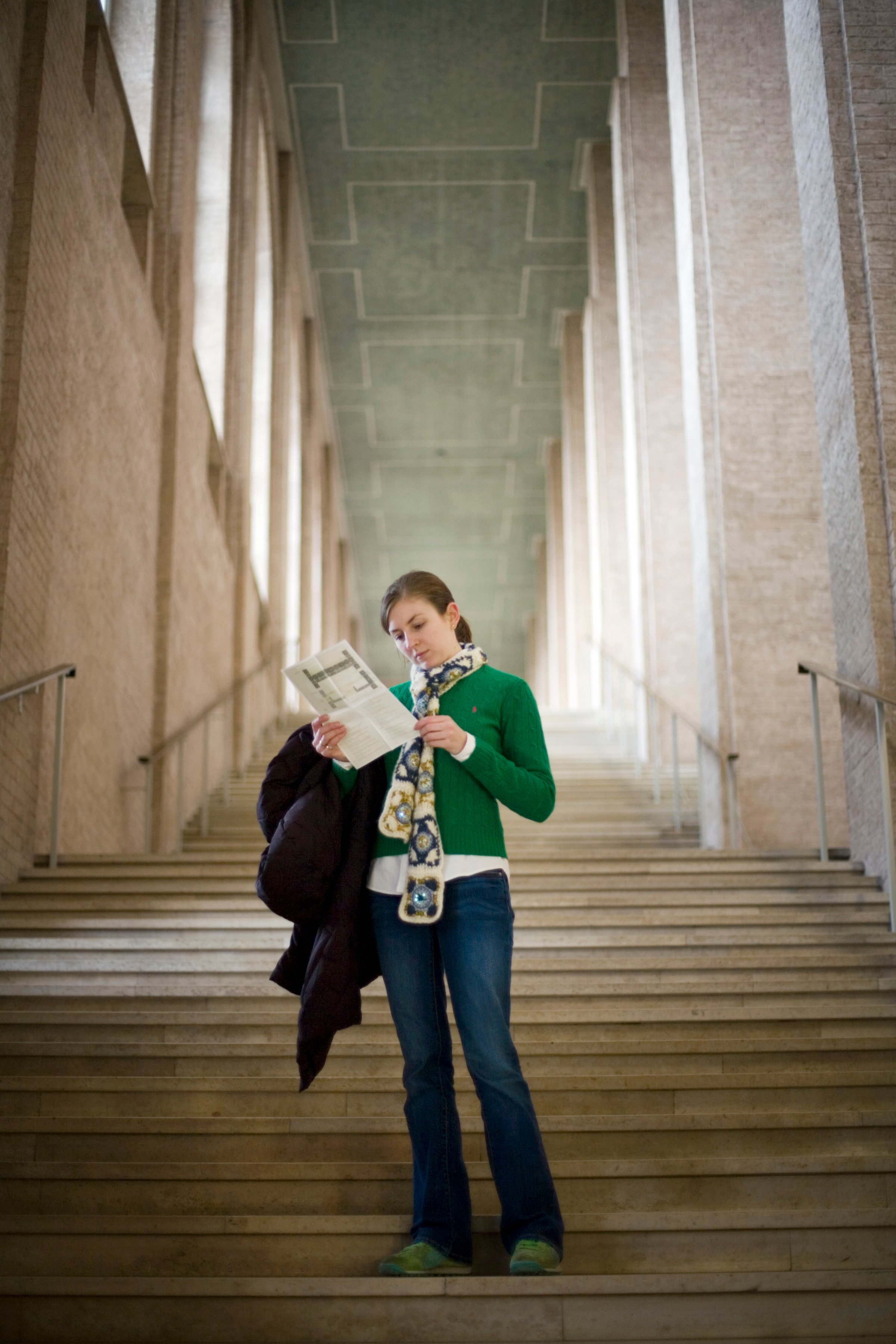
How does studying or working abroad change you? You return with a photo album full of memories and a suitcase full of souvenirs, sure. But you may also come back from your time in another country with an ability to think more complexly and creatively—and you may be professionally more successful as a result.
These are the conclusions of a growing body of research on the effects of study- and work-abroad experiences. For example: A study led by William Maddux, an associate professor of organizational behavior at INSEAD, found that among students enrolled in an international MBA program, their “multicultural engagement”—the extent to which they adapted to and learned about new cultures—predicted how “integratively complex” their thinking became.
That is, students who adopted an open and adaptive attitude toward foreign cultures became more able to make connections among disparate ideas. The students’ multicultural engagement also predicted the number of job offers they received after the program ended.
More generally, writes Maddux, “People who have international experience or identify with more than one nationality are better problem solvers and display more creativity, our research suggests. What’s more, we found that people with this international experience are more likely to create new businesses and products and to be promoted.”
Angela Leung, an associate professor of psychology at Singapore Management University, is another researcher who has investigated the psychological effects of living abroad. She reports that people with more experiences of different cultures are better able to generate creative ideas and make unexpected links among concepts.
Like Maddux, Leung found that the advantages of living abroad accrue to those who are willing to adapt themselves to the ways of their host country: “The serendipitous creative benefits resulting from multicultural experiences,” she writes, “may depend on the extent to which individuals open themselves to foreign cultures.” This openness, she adds, includes a tolerance for ambiguity and open-endedness, a lack of closure and firm answers.
Could it be that people who choose to study or work in other countries are already more inclined to be complex and creative thinkers? David Therriault, associate professor of educational psychology at the University of Florida, anticipated this possibility. He and his coauthors administered creative thinking tasks to three groups of undergraduates: students who had studied abroad, students who were planning to study abroad, and students who had not and did not plan to study abroad. The students who had actually studied abroad outperformed the two other groups in creative thinking.
Studying or working in another country can make us better thinkers—more flexible, creative, and complex—if we’re willing to adapt and learn from other cultures. As the title of an article by William Maddux advises: “When in Rome . . . Learn Why the Romans Do What They Do.”
Brilliant readers, what do you think? Have you studied or worked abroad, and did it change the way you think? Please share your thoughts below.
WHAT TO READ NEXT: Recent posts about creativity from the Brilliant Blog:
Hiding Knowledge From Coworkers Makes the Hider Less Creative
How That Cup of Coffee Could Be Inhibiting Your Creativity
The Flakiness of Artists Is the Key to Their Creativity
The Downside of Executive Function: It Squelches Creativity
Creativity Comes In a Flash—But Also Through Trial and Error
The Great Outdoors Makes Us More Creative
Annie Murphy Paul is the author of the forthcoming book Brilliant: The Science of How We Get Smarter. Read more at her blog, where this post first appeared.
More Must-Reads From TIME
- The 100 Most Influential People of 2024
- Coco Gauff Is Playing for Herself Now
- Scenes From Pro-Palestinian Encampments Across U.S. Universities
- 6 Compliments That Land Every Time
- If You're Dating Right Now , You're Brave: Column
- The AI That Could Heal a Divided Internet
- Fallout Is a Brilliant Model for the Future of Video Game Adaptations
- Want Weekly Recs on What to Watch, Read, and More? Sign Up for Worth Your Time
Contact us at letters@time.com